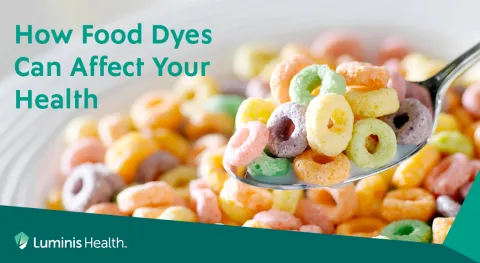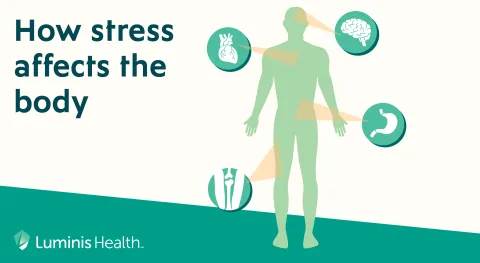In Anne Arundel County, one in four youth ages 12-20 reported alcohol use in the past 30 days, according to the 2013 Youth Risk Behavior Survey conducted by the Maryland Department of Health and Mental Hygiene. That’s higher than both the state and national averages. Even more troubling is parents’ role in underage drinking.
“Parents are giving alcohol to their child and their child’s friends because they think it’s safer for kids to drink under parental supervision,” says Sandy Smolnicky, prevention specialist for the Anne Arundel County Health Department. “In reality, it’s illegal and dangerous for everyone involved.”
A recipe for disaster
Regardless of intention, providing alcohol to your child’s friends is prohibited by law. Parents can be prosecuted, fined and sued. Alcohol also puts kids at risk for sexual assault, violence, alcohol poisoning, drunk driving, addiction, and delayed brain development. But the outcomes don’t have to be extreme to warrant parents’ attention.
“Your child might just wake up the next morning feeling sick or embarrassed, but you still don’t want that for them,” says Mandy Larkins, prevention education coordinator for Pathways, Anne Arundel Medical Center’s (AAMC) substance use and mental health treatment center. “With social media, kids are posting embarrassing pictures and videos online for everyone to see. These pictures don’t disappear, and they can really affect kids’ future plans.”
Parents and prevention
Preventing the consequences of underage drinking begins by changing the attitudes that justify it, and the perceptions that perpetuate it. That’s the idea behind the county-wide campaign, “Parents Who Host, Lose the Most,” funded by a grant from the Maryland Highway Safety Office. Aimed at addressing parents’ roles in preventing underage drinking, the campaign is promoted especially during times when parents are more likely to host parties, such as homecoming and prom seasons.
“We need to change the way kids think about drinking, and that starts with parents,” says Mandy. “There’s no prescription for parenting, but there are things parents can do to create a positive, healthy culture for their kids that doesn’t involve alcohol.”
Tips for parents
- Communication is key. Take initiative to talk to your child about the risks of drinking.
- Know where your child is and establish times for them to call (not text) you.
- Set up a contract with your child to form clear guidelines and expectations.
- If your child gets into trouble, maintain an open line of communication, avoid accusatory language and establish a consequence together.
- Offer alternatives. Engage your child in activities that don’t involve alcohol.
- Host alcohol-free parties and encourage other parents to do the same. To anonymously report a party, call the Anne Arundel County Police Department tip line at 443-390-8477.
- Encourage your child to get involved in extracurricular activities.
- Celebrate your child’s achievements.
- Be involved. Stay informed. Play an active role in your child’s life.
- Know your child. Choose strategies that work for their personality.
- Get to know your child’s friends. Get to know their parents.
- Educate yourself on current trends and lingo related to teen partying so you can identify warning signs when you see them.
- Set an example. Be aware of how you use alcohol in front of your child.
- If you depend on alcohol to cope with stress or have fun at social events, your child may learn to imitate those habits.
- If you keep alcohol in your home, ensure your child cannot access it.
For more information on AAMC’s Pathways, visit PathwaysProgram.org.
Contributor
 Mandy Larkins is a prevention education coordinator at Pathways and can be reached at 410-573-5428.
Mandy Larkins is a prevention education coordinator at Pathways and can be reached at 410-573-5428.
Sources:
Anne Arundel County Health Department
Drug Free Action Alliance





